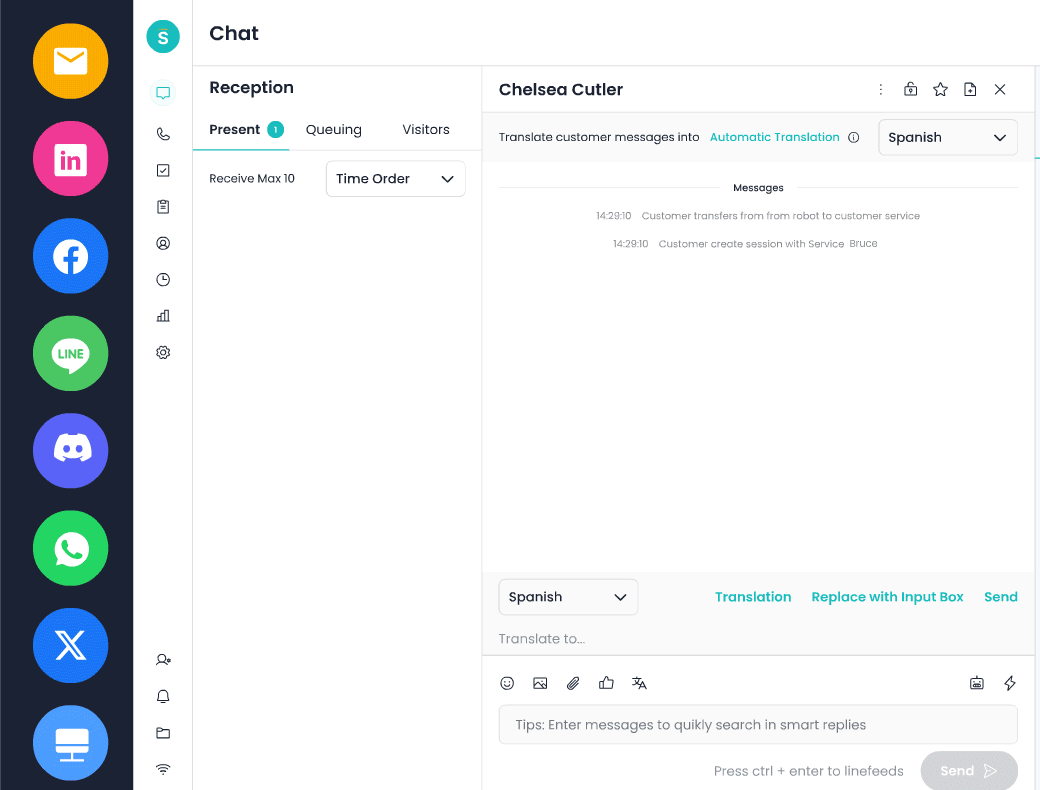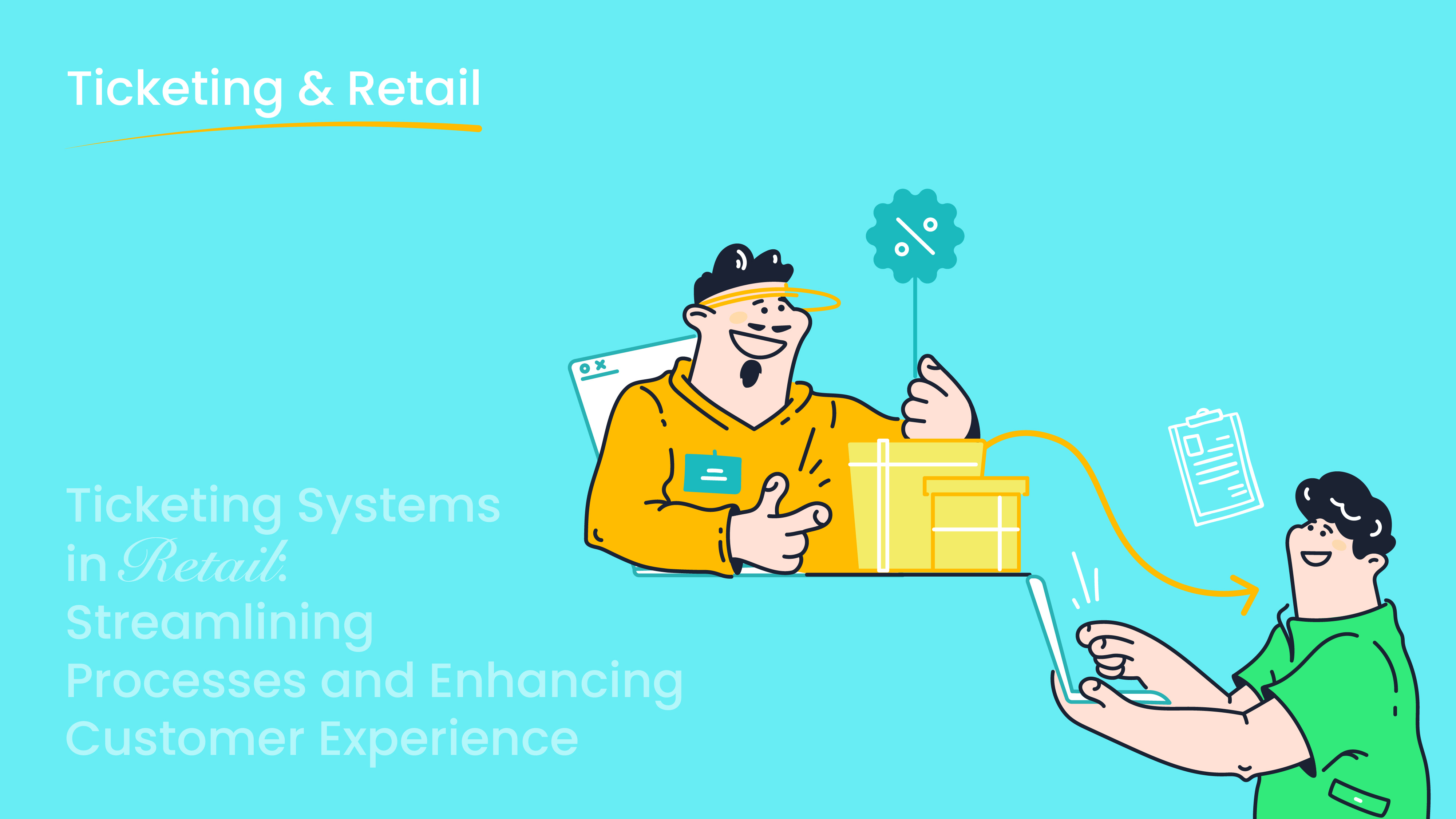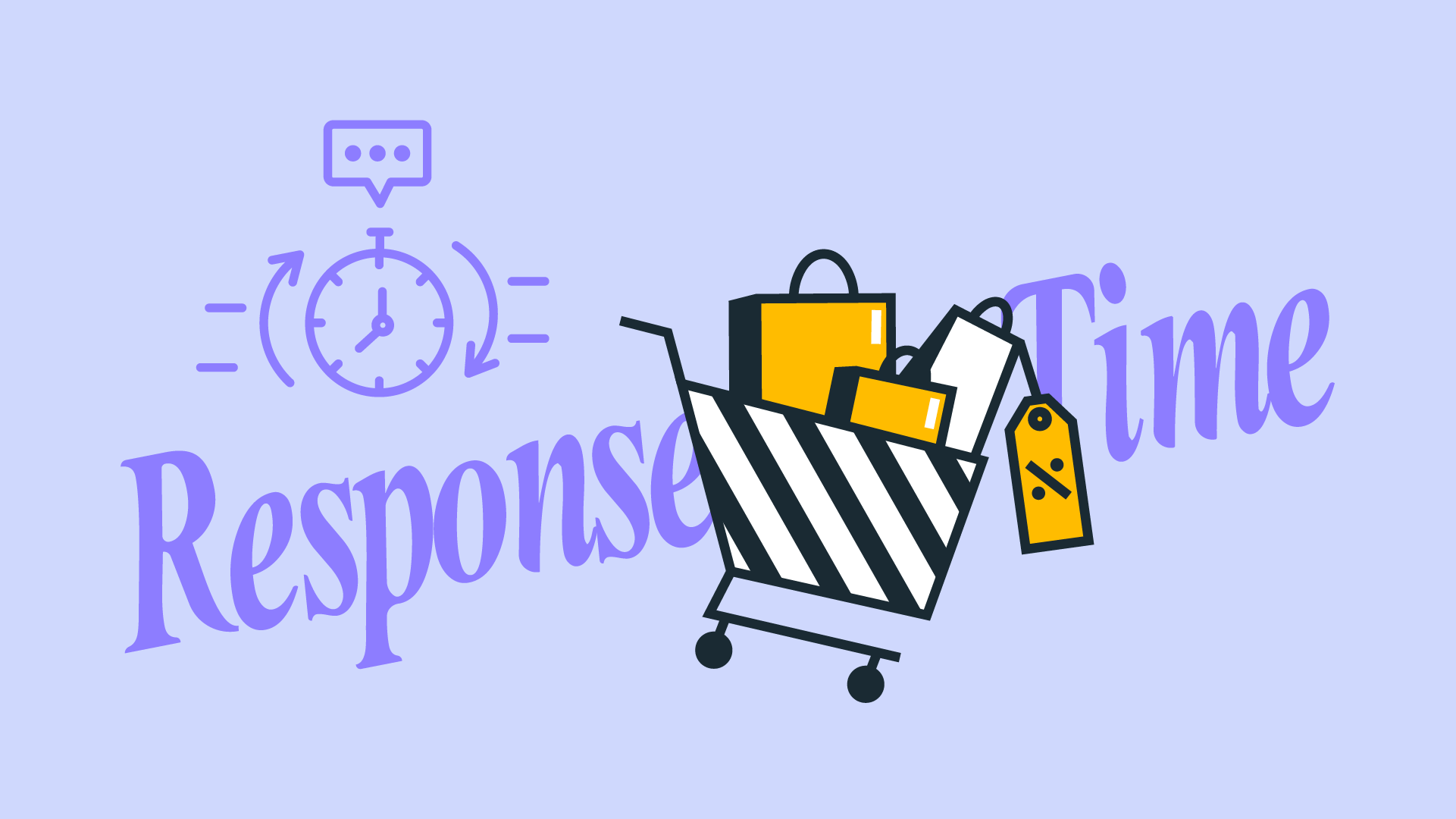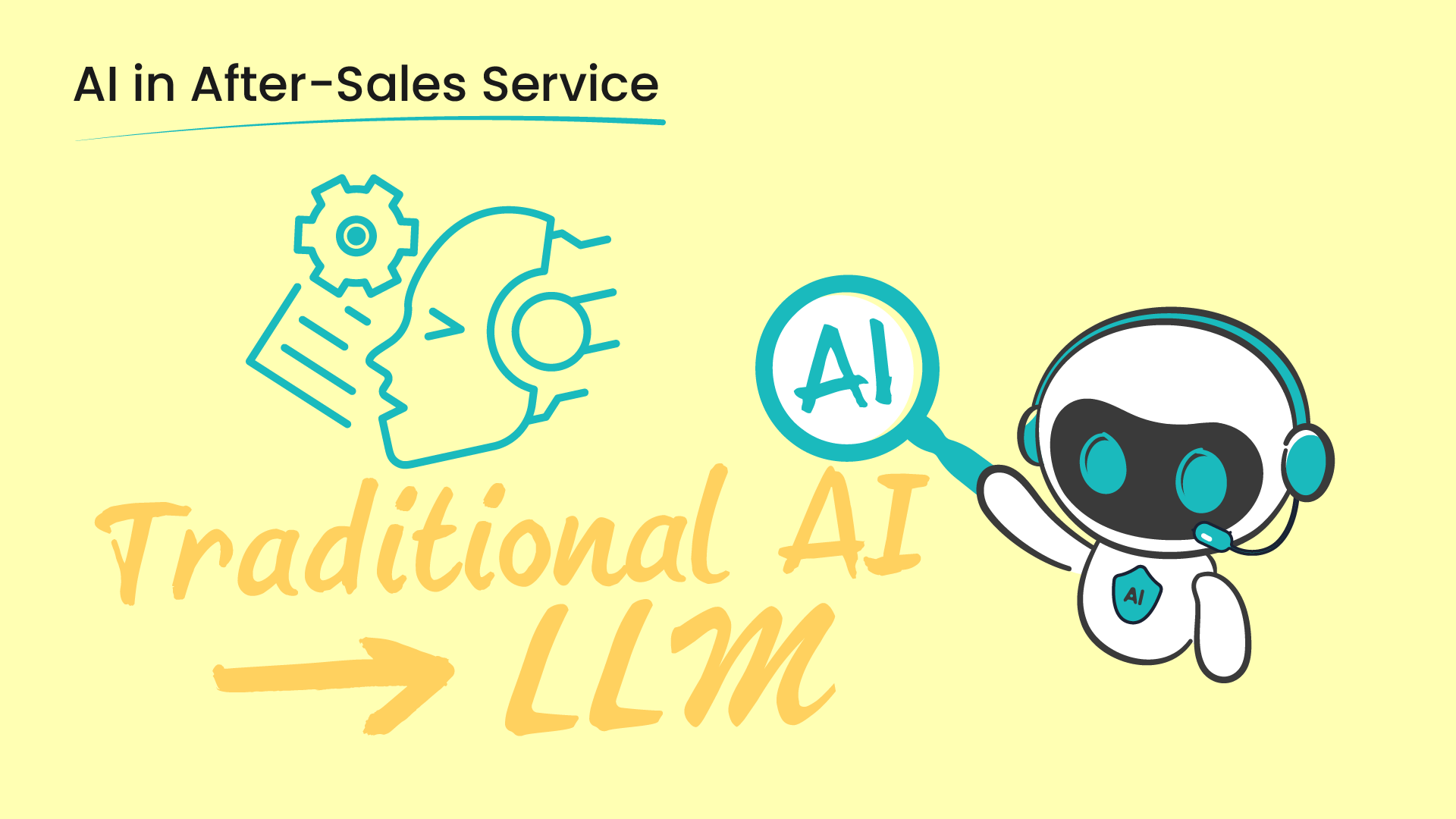As for the contemporary trends of retailing, businesses must deliver efficient customer service. Ticketing has become an integral part of customer service for any retailer as it helps update status and solve issues quickly. Such systems perform functions, sort requests, and interact with other organizational processes to create efficient workflows.
Strengthening customer relations is another advantage of ticketing systems because it helps create a better customer experience, minimize waiting time, and quickly solve issues.
Through such solutions as Sobot, retailers can manage their support services, making it easy to answer in-store and online inquiries.
Improved Customer Support and Query Resolution
Managing and Prioritizing Customer Queries
Retailers tend to receive numerous inquiries from customers, such as product information inquiries, order status inquiries, and stock availability inquiries, among others. Businesses can successfully address this by using ticketing systems whereby every query is given a ticket number so that no issue can escape notice.
These systems enable organizations to sort out customers’ demands concerning their criticalities. For instance, an inquiry from a valued client may be categorized as urgent, requiring an immediate response, whereas routine inquiries may be classified depending on the availability of a consultant.
This relieves the human personnel since, through the ticketing system, queries raised are sorted and forwarded to the relevant department or an individual. This provides an efficient distribution of inquiries, hence making the job of the customer support teams easier in solving complicated stumps.
Resolving Common Retail Issues
In retail customer service, some often encountered issues are Lost orders, returns and questions about an order or a product. These problems, if not well addressed, may hinder the client’s satisfaction and consequently lead to business loss. Such concerns are reported in a ticketing system where they are categorized and fixed efficiently on a single platform. For instance, instead of creating a ticket whenever a customer wants to know their order status, the system can do this independently and assemble real-time data from inventory and logistics departments, helping achieve fast solutions.
Thus, ticketing systems make an interaction with a customer more smooth and fast by accelerating these processes.
Handling Customer Complaints and Returns
Automating the Return Process
Dealing with returned products and dissatisfied customers is an inherent part of retail activities but is time-consuming. Most of this work is handled by ticketing systems that link with inventory and refund management solutions. When a return or a complaint is recorded, the system will create a ticket containing all processes, from refund approval to product restocking.
This automation helps save time that would otherwise have been spent manually handling returns and complaints. Concerning ticketing data, retailers can also determine whether specific concerns are recurring thus leading to quality enhancement of products and services.
Offer Real-time Updates to Customers
It is essential to update the consumers on the progress of their complaints or returns to regain their trust. Ticketing systems offer immediate communication and keep informed of their request’s progress. This gives the consumer confidence and increases customer satisfaction.
69% of companies believe generative AI has the potential to make digital interactions feel more human. (Zendesk)
For example, suppose a customer is making a return for a product. In that case, the system can notify them of every step in the return process, ranging from receiving the item to processing the refund. Such proactive communication always relieves its customers and improves its product’s brand image/identification.
In-Store vs. Online Query Management
Differences and Integration Between In-Store and E-Commerce Queries
Implementing in-store and online customer service queries is another challenge that retailers encounter when operating their stores. Store-related cases generally entail direct physical contact with the client, unlike online questions, which could be through chats, email, or social media platforms. In the case of a robust ticketing system, both queries can be channeled to a single platform, making it easier to address the issues in question across the various client interfaces.
For instance, a client who complains via online support about a problem with an item bought in a store will be assigned a ticket and forwarded to the store team. This integration allows speedy problem-solving and can make the customer’s experience smooth regardless of the contact mode.
Creating a Seamless Omnichannel Experience
The concept of OMNI Retailing is broad and refers to having one cohesive experience for the customer in whichever channel they may be accessing it from, physical stores or online. Ticketing systems well synchronize customer service in these various channels. With this structure, they are responsible for addressing customer queries and complaints regardless of origin by creating a central point of contact.
The fluid integration of a multichannel experience increases customer loyalty and organizational productivity; employees can work on incidents channeled through multiple methods simultaneously without repetition.
With 88% of customers valuing their purchasing experience as much as the products themselves and a 19% agent turnover rate reported by helpdesks, the need for efficient customer support is more crucial than ever.
Enhanced Workflow and Employee Productivity
Task Automation and Ticket Prioritization
Ticketing systems help optimize workflows because assigning tickets based on roles and availability can be handled automatically. This ensures that workload is pretty shared across employees and critical tasks are addressed in time. For instance, a crucial problem can be prioritized and discussed quickly while other less-demanding ones are addressed as appropriate. This helps relieve employees from these repetitive tasks so that they can attend to more pressing issues, thus increasing response times and efficiency.
Improving Interdepartmental Communication
Another main benefit of ticketing systems is that it enhances communication across the various departments. In retail, customer support works with teams within the sales, stock or supply chain departments. Technically, ticketing is an integrated reporting system where everyone can see the status of an incident. For instance, whenever a customer complains of delayed delivery, the system enables the support team to contact the logistics for an up-to-date solution.
Data-Driven Insights and Reporting
Customer relations involve solving different problems, and ticketing systems collect information valuable to the retailers as they can identify patterns of specific issues. Such data is helpful in coming up with other necessary decisions concerning improving the existing customer services and avoiding similar mishaps in the future. With the mentioned knowledge, companies can enhance existing plans and even product designs to optimize customer satisfaction and growth success rates.
According to 56% of retail and e-commerce executives, the primary impact AI will have on their organizations is a significant boost in efficiency.
Supporting Loyalty Programs and Personalized Marketing
Managing Customer Loyalty with Ticketing Systems
Incorporating ticketing solutions with loyalty programs enables retailers to monitor customers’ engagements and give back via loyalty programs, building closer relationships with shoppers and increasing loyalty.
Enhancing Personalized Marketing Campaigns
Using the data collected from the ticketing system, an organization can use the marketing data to develop a targeted marketing campaign to promote relevant events or products that suit specific customer requirements, thus increasing engagement and demand.
Integration with Internal Business System
Integrating Ticketing Systems with CRM and ERP Systems
The significant advantage when it comes to ticketing systems is that they can be linked with CRM and ERP systems to ensure that the information regarding the customer is transferred seamlessly from one department to another.
Enhancing Internal Efficiency
There is a need to synchronize the ticketing systems with other working tools like inventory to improve operations. For example, ticketing systems can quickly solve a customer’s question on the avails of a particular product, which leads to an improvement on the service front and cutting down on time.
How Sobot Enhances Ticketing System for Retail
Sobot’s ticketing solution is highly effective in managing and tracking retail processes in real-time with the support of automation and multichannel. It also improves responses by automating tasks that explicitly link to client queries, regardless of the online or store experience.
Sobot’s system also has features for personalized marketing, customer loyalty, promotions, and coupons.
Grove Collaborative
Grove Collaborative, a Certified B Corporation, improved operational efficiency and personalized customer service for over 1.2 million customers by integrating an AI-powered ticketing system. Through intelligent triage, the system automated ticket management, reducing manual tasks and increasing agent productivity. The shift to messaging reduced chat volumes by 80%, while maintaining a 95% CSAT score despite staff reductions. The AI ticketing system’s self-service options and content analysis enhanced engagement with help center articles, allowing customers to resolve issues independently. Grove’s use of AI-driven ticketing has strengthened customer experience while boosting efficiency and business growth.
Motel
Motel, a women’s fashion boutique, integrated a chatbot with its ticketing system to manage hypergrowth and increasing support volume. By using AI-driven triage, the system identifies customer intent and sentiment, streamlining issue resolution. This collaboration between the chatbot and the ticketing platform helped reduce ticket volume, with agents handling 150-200 tickets daily. As a result, Motel experienced a 206% increase in self-service, allowing agents to focus more on complex inquiries and provide efficient customer support.
OPPO
OPPO effectively integrated Sobot’s chatbot with its ticketing system to streamline customer service. The chatbot handles initial interactions and frequently asked questions, while the ticketing system manages escalated or unresolved issues, ensuring they are addressed promptly by the appropriate team. This collaboration resulted in an 83% chatbot resolution rate, a 94% positive feedback rate, and a 57% increase in repurchase rates, showcasing how the integration of both systems improved customer service and operational efficiency.
Samsung
Likewise, another partner of Sobot is Samsung Electronics, which has experienced stunning performance gains after using Sobot’s ticketing and chatbot systems. Samsung achieved a CSAT of 97% and a 15% improvement in the pre-sales conversion rate. These metrics indicate how Sobot’s solutions improve not only customer support but also the performance of the business.
For retailers, Sobot’s system also integrated omnichannel promotions, through which retailers can set up new product promotion campaigns and boost sales at physical stores. Integrating the chatbot with live chat further enhances interactivity, where Sobot aids retailers to improve their marketing tactics and deliver only the best customer services.
Conclusion
Ticketing systems support customer service delivery and overall customer experience in contemporary retail industries. While Sobot AI ticketing solutions are highly effective, they also have features not present in other systems; communication, organization of queries, employees’ productivity, and data.
Thus, tickets will continue to be an essential business feature for enterprises that seek to adapt to retail changes and enhance customer satisfaction. Sobot is at the vanguard of this innovation and is assisting retailers in improving customer satisfaction and organizational efficiency.
(The information in the article is collected from public channels. If the data or pictures are infringing or inaccurate, please contact us to delete or modify it.)







